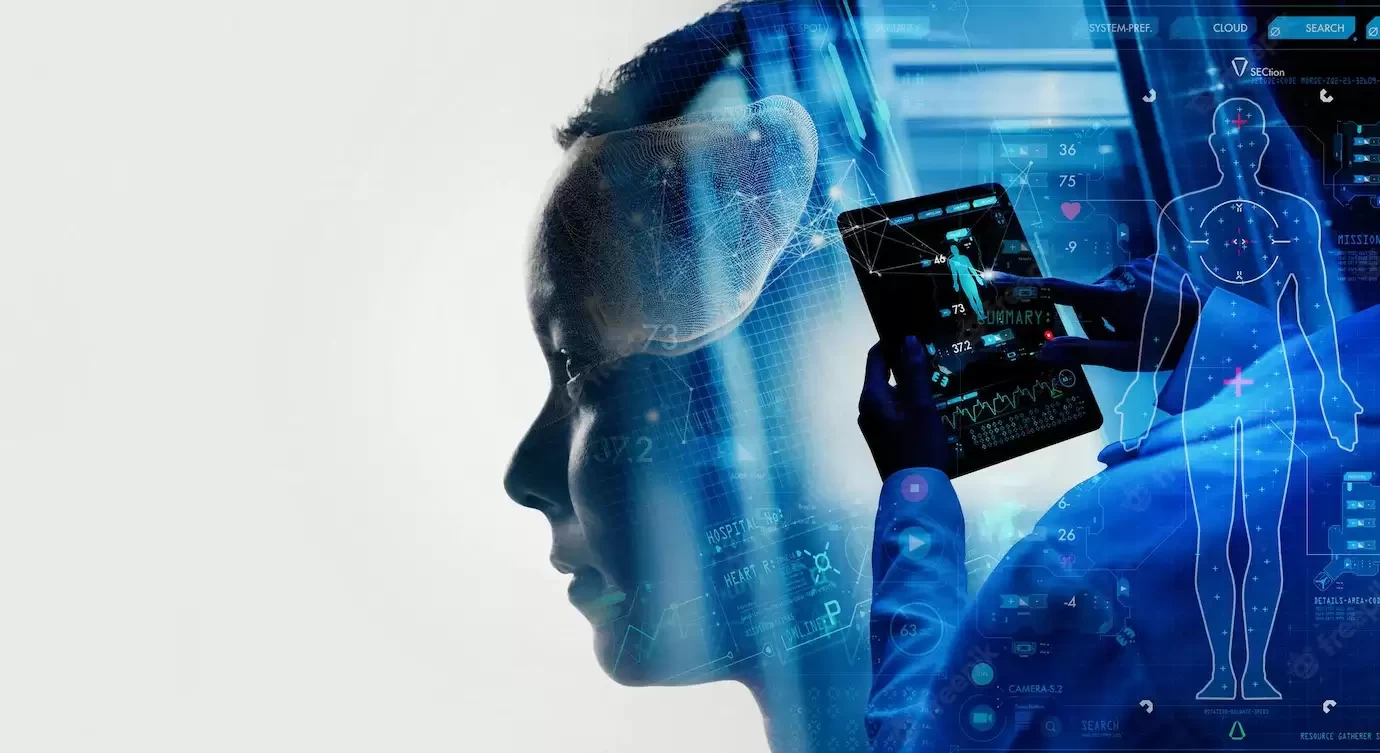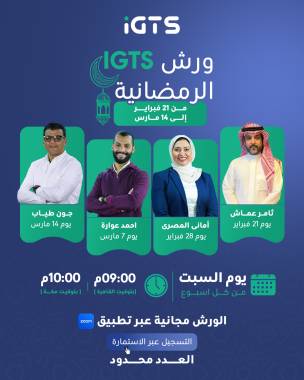Certification in medical informatics as a basis for digital transformation in Healthcare Course
دورة الترميز الطبي - التحول الرقمي في القطاع الصحي
USD 127USD
102
Medical coding is the process of converting medical information into digital or alphabetical symbols that can be used to record, process, and process medical services.
Medical coding is used in many medical industries, including hospitals, clinics, and health insurance companies.
A medical coding course targets a variety of people, including:
- New graduates from universities and high schools
- Current health care workers
- People who want to become medical coding
You Will Learn
Learning Outcomes of the Course:
1-Maintaining patient records is among the core workflow
processes in healthcare
delivery.
With introduction and development of Health Information
Technologies
healthcare systems around the world are transitioning from
traditional paperbased
medical records to computer-based records and care
management systems.
Comprehensive, secure and interoperable Electronic Health
Record (EHR)
is the central functional component of a digital Hospital
Information System
(HIS) and is critical for enhancing quality and efficiency of
healthcare delivery,
while Health Information Exchange (HIE) provides
frameworks for electronic
movement of records between care settings, providers,
regions and countries,
thus supporting continuity of care.
2-The overall aim of this course is to introduce the students
to the main features
and processes in the domain of medical documentation, and
to modern digital
solutions for healthcare workflow management.
After completing the 2 modules the students achieved
following learning targets:
Professional competence:
− Knowledge of the main principles and parts of medical
documentation;
− Knowledge of the structure and function of an Electronic
Health Record
and its main components;
− Understanding of the approaches to EHR interoperability
and general
knowledge of the HL7 standard;
− Knowledge of the main components and functions of the
Clinical Information
Systems;
− Understanding of the main principles of Health
Information Exchange;
− Understanding of the role of EHR in public health and
medical research.
Methodological expertise:
− The students can build or modify simple EHR using open
source or simulation
systems;
− The students can compile simple projects on development
of a Hospital
Information System or a Practice Management System.
Personal competence:
− Ability to critically discuss the advantages and
disadvantages of EHR, and
to reflect on critical issues on EHR deployment and
implementation, such as the impact of usability on EHR adoption;
− Ability to reflect on the role of EHR in improving patient
safety;
− Ability to analyze and discuss the role and potential of
EHR in clinical,
population and public health.
Social competence:
− Group work on sample Electronic Health Records and
Hospital Information
Systems.
Targeted Students
1-Pple from Medical and healthcare Backgrounds
2-Pple from Engineering Backgrouds especially ICT
3-Pple interested in beginning a medical transcription job
4-Pple with interest to work as assistants for digital documentation of doctor-patient encounters
5-Medical Students
6-ICT Students
7-Undergraduate students
Training Program Name As In Certificate
Certification in medical informatics as a basis for digital transformation in Healthcare Course
Updated at: 2026-02-23 01:17:27











